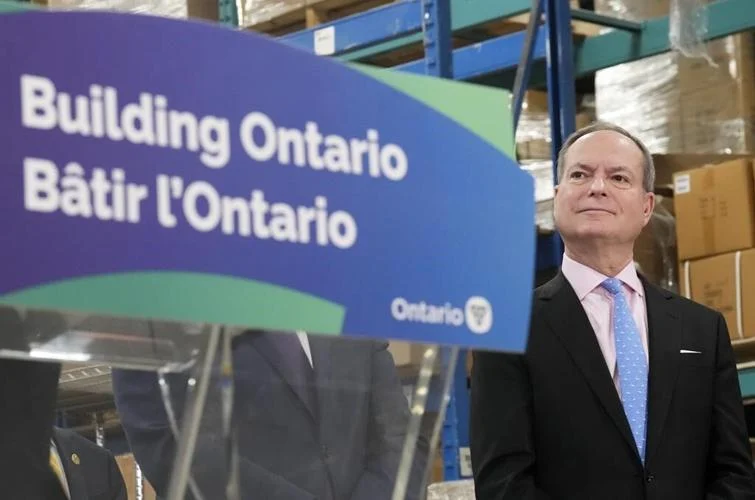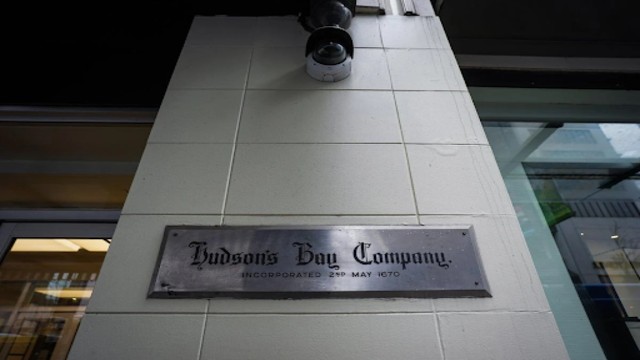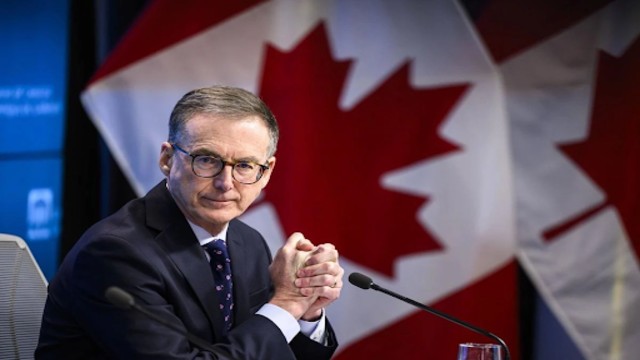
THE CANADIAN PRESS/Nathan Denette
In Toronto, Ontario's economic outlook is clouded by a projected $9.8 billion budget deficit for the upcoming fiscal year, a consequence of sluggish economic growth. Finance Minister Peter Bethlenfalvy acknowledged the economic challenges, noting the strain on families facing rising costs of living. While Bethlenfalvy's budget provides minimal relief measures, it falls short of addressing the affordability concerns of many Ontarians.
The deficit forecast for 2024-25 has nearly doubled since the fall economic update, signaling a delay in returning to surplus. Initially, the government aimed to achieve surplus by 2024, but now it expects a small surplus only by 2026-27, with a projected deficit of $4.6 billion in 2025-26.
Despite an anticipated real GDP growth of just 0.3% in 2024, Bethlenfalvy opted to increase the deficit instead of implementing austerity measures or raising taxes. He defended this decision by emphasizing the importance of investing in the province's future, suggesting that the short-term deficits would yield long-term benefits.
The budget includes additional funding for various sectors, such as $2 billion over three years for home and community care, $965 million for hospitals, and $200 million for community sport and recreation infrastructure. There's also an allocation of $120 million for autism therapies and $100 million to bolster the Skills Development Fund, aimed at addressing labor market demands.
However, the budget faces criticism from opposition leaders, particularly NDP Leader Marit Stiles, who argues that it overlooks essential areas such as affordable housing and primary healthcare. Stiles contends that the budget fails to address the day-to-day struggles of Ontarians adequately.
In addition to economic factors, the budget cites increased public sector salaries, infrastructure spending, and gas tax relief as contributors to the deficit. The government's decision to extend the 5.7-cent per liter cut to the gas tax, initially set to expire in June, further impacts the deficit, costing the treasury $620 million.
While relief measures like the gas tax cut are welcomed by some, others, like Julie Kwiecinski of the Canadian Federation of Independent Business, suggest that more direct assistance is needed, especially for small businesses.
Ontario's financial situation has also been impacted by reduced revenues, attributed to slower growth and revised tax assessments from the federal government. Furthermore, recent federal policies, such as a two-year cap on international student study permits, are expected to have adverse effects on the province's finances, particularly for colleges reliant on international student tuition fees.
The province's net debt is projected to surpass $439 billion in the upcoming year, a significant increase since the Progressive Conservatives took office in 2018. Critics, including Liberal finance critic Stephanie Bowman, argue that the government's approach of accumulating debt while underspending on essential services like healthcare is unsustainable.
Despite challenges, there's a slight improvement in the deficit forecast for the current fiscal year, with expectations of ending 2023-24 with a $3 billion deficit, down from previous estimates.
Ontario's fiscal landscape remains uncertain, with the government facing the delicate task of balancing economic recovery with fiscal responsibility amidst ongoing challenges.















